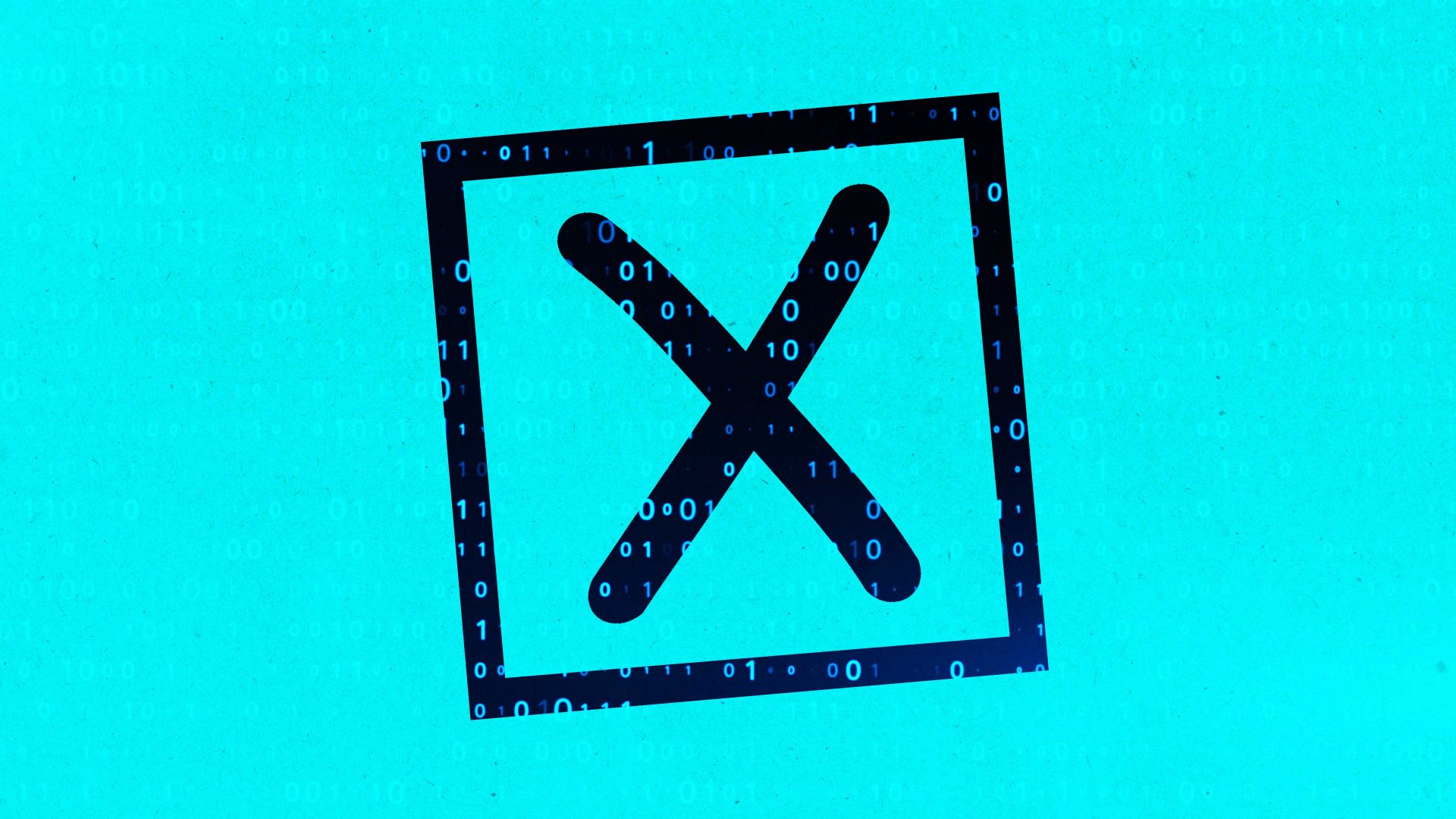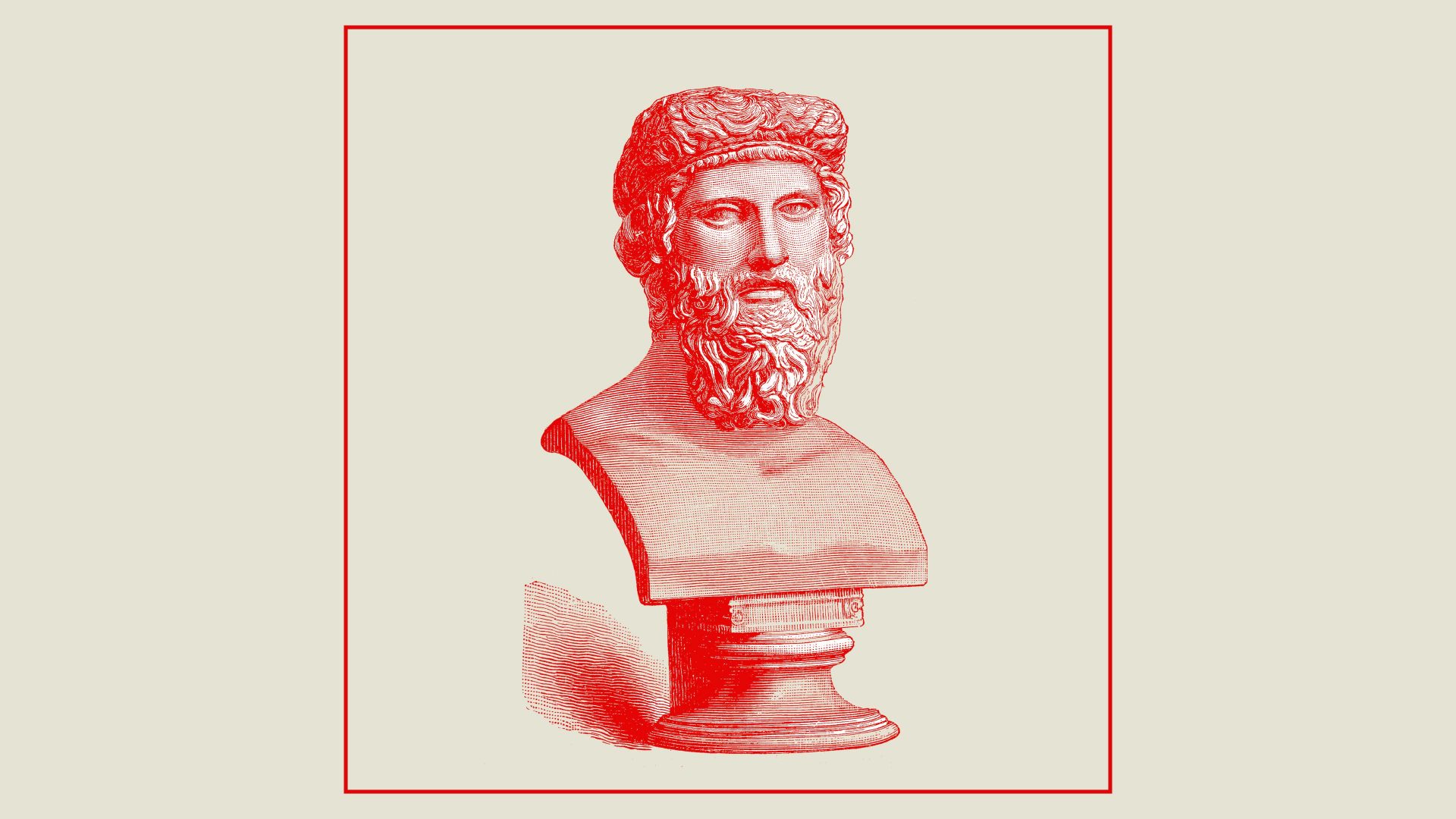Can scientific analysis help save democracy? It’s a question raised by three new studies published in the journal Science – but despite the somewhat encouraging messages of each of them, in the end they offer little comfort.
A team from Singapore, Oxford and Atlanta reports there is considerable consensus, among diverse groups of citizens in countries from India to Italy, that free and fair elections and civil liberties are the bedrock of democratic states. The authors found redefinitions of democracy popular with populist and authoritarian leaders don’t seem to have taken deep root in the public perception.
Meanwhile, a team of US scholars found that simple interventions, such as challenging stereotypes of those with different views or emphasising common economic interests or points of agreement, can be effective at reducing partisan animosity. And a group at Google DeepMind in London showed that, among more than 5,000 people tested, AI-generated summaries of collective opinions were seen as more clear and unbiased than those of human mediators, suggesting that AI tools might be useful for mediating political differences in the electorate.
Good news, right? Maybe. Other studies have shown that there are limits to the price people will pay for democracy: for instance, the marked rise in living standards in China has left many of its citizens rather relaxed about non-democratic government.
Perhaps more to the point, partisanship has become more important than many violations of democratic norms. Trump’s evident mental or intellectual unfitness for office on just about every level hasn’t dented the faith of his supporters, and neither have his felonies or his admiration for foreign dictatorships.
Boris Johnson blundered far beyond the pale before public disapproval set in – and even then it was more a matter of distaste for his lies and lockdown parties than for his failures of policy or procedural violations. It’s notable that the new study looking at interventions to reduce political polarisation found that these did not necessarily decrease people’s support for political violence or non-democratic practices.
Besides, paying lip service to “democracy” means rather little in practice when people shape the definition to their preferences. Is it still a democracy if voters’ choices are based on lies? Is it democratic to ignore a public referendum? Is it a democracy if the voting system is rigged or renders many votes futile? Take your pick.
As for AI coming to the rescue: one needn’t be a total cynic to roll one’s eyes. As Nicholas Carr explains in his new book Superbloom, information technologies have played a major role in exacerbating political polarisation, by creating echo chambers and facilitating the creation and spreading of unmediated comment. Carr makes a compelling case that it is no longer meaningful to examine behaviour separately from the matter of how people obtain, interpret and share information. “What’s true is what comes out of the machine most often,” Carr writes.
US political scientists Brendan Nyhan and Rocío Titiunik point out that, while the three new studies look at the behaviour of individuals, “understanding and preventing democratic erosion requires an equal focus on political institutions, electoral rules, and the behaviour of elites”. It is, after all, the strategy of the populist to claim that public opinion trumps the authority of institutions, experts, and governing structures.
The idea that democracy means absolute sovereignty of “the will of the people” has surely been one of the most corrosive political developments in recent times. And even then, would-be dictators are under no illusions that power demands political capture of institutions, especially legal and educational ones. Surely a major aspect of preserving democracy involves strengthening institutions against such interference.
So what these studies, however careful and well-intentioned, really reveal is the gulf between an academic approach to the issue and the reality unfolding before us. Given a choice between incompetence, dishonesty, flouting of democratic norms, even mental instability, and some guy from the “other side”, it seems clear what a significant portion of the population will choose. Current experience suggests that a commitment to democracy is far weaker in existing democracies than we might have supposed – or rather, perhaps is more vulnerable to erosion in this age of information overload.
Does this mean the situation is hopeless, and such academic studies are useless? Not necessarily. But it does suggest that assessing behaviour with abstract questionnaires or scenarios divorced from socioeconomic settings or historical context is no way to navigate today’s perilous currents.




